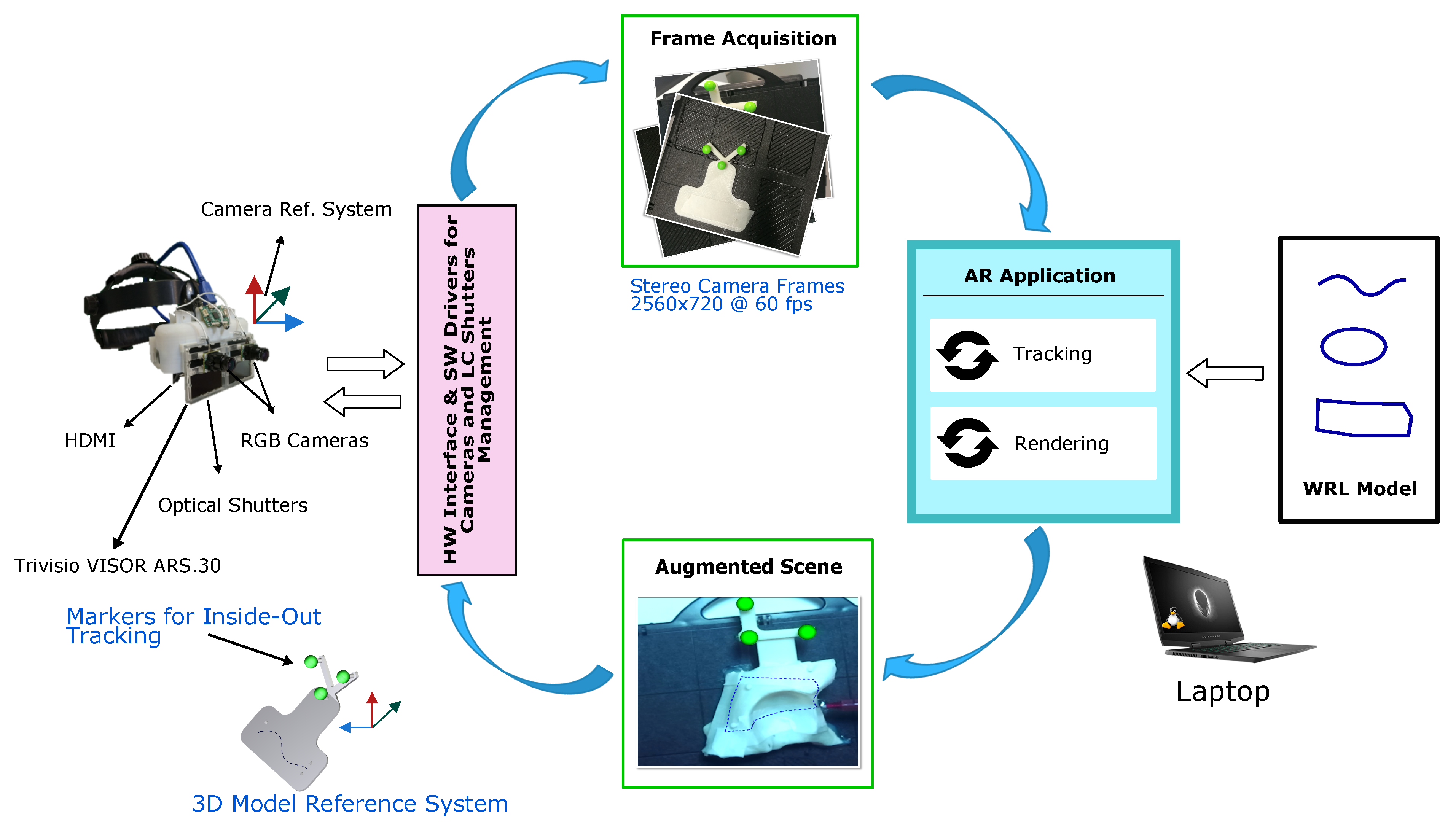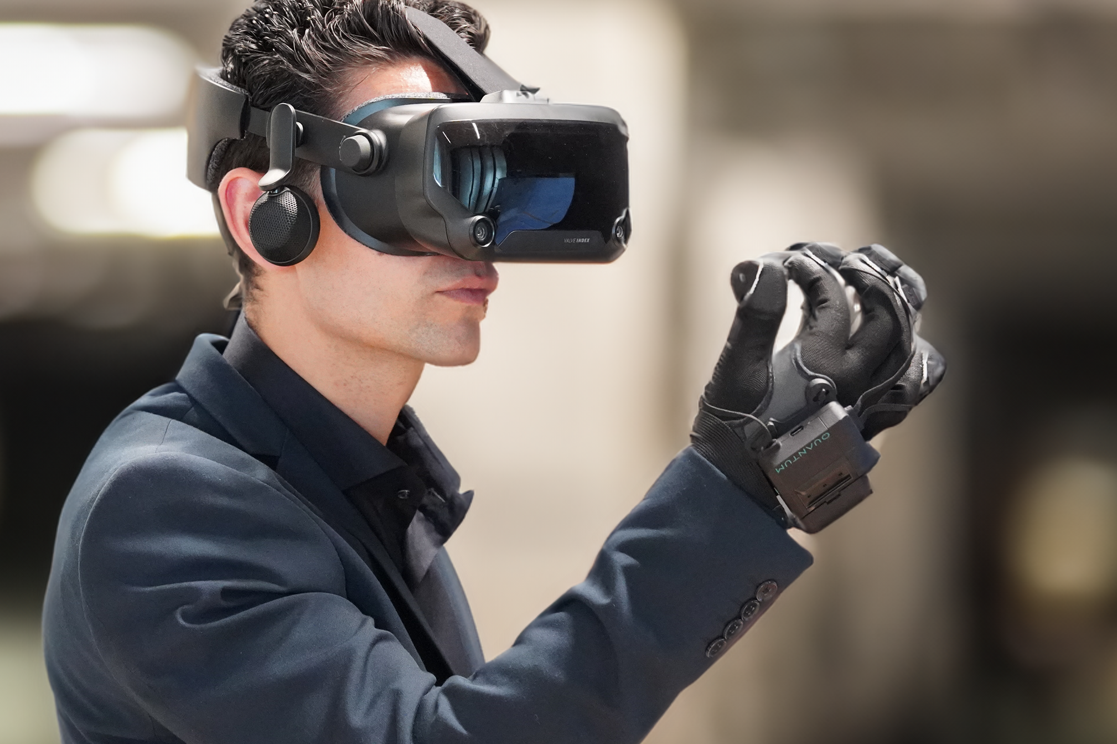Introduction
Space exploration has always been a captivating endeavor, driven by humanity’s innate curiosity to explore the unknown. Over the years, technology has played a crucial role in our quest to unravel the mysteries of the cosmos. One of the most remarkable technological advancements in recent years has been the integration of quantum sensors into space exploration missions.
In this blog post, we will explore the significance of quantum sensors in space exploration and how they are revolutionizing our ability to collect and interpret data in the extreme conditions of outer space.
Understanding Quantum Sensors
Before delving into their applications in space exploration, it’s essential to grasp the fundamentals of quantum sensors. Unlike classical sensors, which rely on classical physics, quantum sensors leverage the principles of quantum mechanics to achieve unparalleled precision and sensitivity.
Quantum sensors are built upon phenomena such as superposition, entanglement, and tunneling, which are characteristic of quantum particles like electrons and photons. These sensors can detect the tiniest variations in physical properties, making them ideal for measuring subtle changes in the environment.
The Advantages of Quantum Sensors in Space
Space is a hostile and challenging environment. The vacuum of space, extreme temperatures, and exposure to cosmic radiation can wreak havoc on traditional sensors. Here are some of the key advantages of using quantum sensors in space exploration:
Precision Measurement: Quantum sensors can measure physical parameters with incredible precision. This precision is invaluable when studying distant celestial objects or conducting experiments in microgravity.
Resistance to Interference: Quantum sensors are less susceptible to external interference and noise. This makes them ideal for detecting faint signals from distant objects in space.
Miniaturization: Quantum sensors can be miniaturized, allowing them to be integrated into smaller spacecraft and satellites. This reduces launch costs and opens up new possibilities for missions.
Long-Term Stability: Quantum sensors can maintain their accuracy and stability over long periods, ensuring reliable data collection during extended missions.
Applications in Space Exploration
Now, let’s delve into some of the exciting applications of quantum sensors in space exploration:
- Gravitational Wave Detection
One of the groundbreaking discoveries in astrophysics in recent years has been the detection of gravitational waves. These ripples in spacetime, caused by the collision of massive objects like black holes, were first observed using advanced laser interferometers equipped with quantum sensors.
Quantum sensors play a crucial role in these detectors by precisely measuring minute changes in the length of laser interferometer arms caused by passing gravitational waves. This technology allows scientists to explore the universe in an entirely new way, opening doors to the study of phenomena previously hidden from view.
- Navigation and Positioning
Accurate navigation and positioning are critical for spacecraft traveling through our solar system and beyond. Quantum sensors can provide precise information about a spacecraft’s position and velocity by measuring gravitational forces and other physical parameters with high accuracy. This technology is essential for safe landings on distant planets and moons, as well as for mapping the topography of celestial bodies.
- Dark Matter and Dark Energy Research
Understanding the nature of dark matter and dark energy is one of the most significant challenges in cosmology. Quantum sensors are used in experiments designed to detect and study these elusive components of the universe. Their sensitivity allows scientists to search for interactions between dark matter particles and ordinary matter, potentially unlocking the secrets of the cosmos.
- Quantum Communication
Quantum sensors also play a role in enabling secure communication between spacecraft and Earth. Quantum communication systems, based on the principles of quantum entanglement, offer a level of security that is virtually unbreakable. This is crucial when transmitting sensitive data from distant probes and rovers exploring remote celestial bodies.
Challenges and Future Prospects
While quantum sensors hold immense promise for space exploration, there are still challenges to overcome. Quantum technologies are relatively new and can be complex to operate. Ensuring the reliability of quantum sensors in the harsh conditions of space is an ongoing challenge, but one that researchers are actively addressing.
Looking ahead, the integration of quantum sensors into future space missions will likely continue to grow. As our understanding of quantum physics deepens and technology advances, we can expect even more remarkable discoveries and breakthroughs in the field of space exploration.
Conclusion
The marriage of quantum physics and space exploration has given birth to a new era of discovery. Quantum sensors are transforming our ability to collect and interpret data in the extreme conditions of outer space, paving the way for groundbreaking discoveries in astrophysics and cosmology. As we venture further into the cosmos, quantum sensors will undoubtedly play an increasingly vital role in unraveling the mysteries of the universe. The future of space exploration looks brighter than ever, thanks to the quantum revolution.
In the words of physicist Niels Bohr, “Anyone who is not shocked by quantum theory has not understood it.” As we continue to be astounded by the possibilities of quantum sensors in space exploration, we are reminded of the boundless potential of human knowledge and our relentless quest to explore the cosmos.






